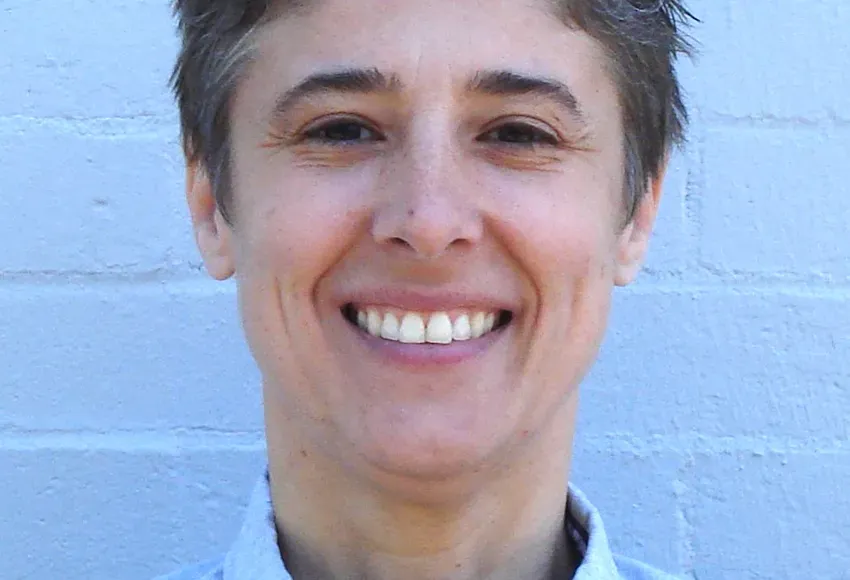Crystal Liston's campaign website describes her as a "gay, disabled mother of two stepsons," and a "professional volunteer" who has worked with 20 different schools in Seattle – with the ultimate goal of volunteering at all 103. She has two college degrees and is pursuing a master's in museum studies at Johns Hopkins University.
Liston said she intends to foster what her website calls a "paradigm shift," in which schools, administrators, the school board itself, and the greater Seattle community – unions, associations, and parents – communicate and collaborate with each other. But a prevailing "disconnect," Liston argues, stands in the way of that. And it shows up during her volunteering in a few ways.
One is school rivalry. As Liston said in an interview with the SGN, "The parents, the faculty, and the staff feel like they're pitted against each other for resources... which is really gross, in my mind. You know, one school is upset because they don't have enough funding for a librarian. And they're jealous that the school at the other end of town is getting a bunch of money. But that money is going to feed [the latter school's] students, because they're in a food desert."
The disconnect also manifests in all the unmet and unheard requests, which create feelings and real instances of neglect. "When I go to volunteer... I continuously hear from teachers [and other parents who volunteer], 'I've never met a school board member. I don't even know what they do....' What's happening there?"
Liston noted that time is a factor. "I don't think it's malice.... Most board members have a nine-to-five job. It's an unpaid position. But schools are feeling neglected and unacknowledged." Liston said it was a matter of priority, too. "When people really wanna get something done," she said, "they get it done."
Liston admitted that solving systemic problems takes more than one person's knowledge and efforts; she didn't claim to have all the answers. She did, however, reiterate her promise to take an on-site approach to being a school board member. "What I'm offering the community is... a board member that has been and will continue to 'go in,' and provide service that's requested... [who] comes in and says, 'I'm on the board. Give me your wish list!'" That acknowledgement and "recon" work, Liston argued, would be a step toward remedying the neglect, and the disconnect between schools and school board by extension.
As for connections between schools, Liston noted the reactions of awe and surprise when she volunteered at schools her stepsons didn't attend. "Maybe people just need permission [to do that]" – to volunteer, attend interschool events, and the like.
Liston also showed an awareness of issues of racial inequity, which she called a "top issue" when asked. On this front, she expressed a policy of "leading by following," knowing that BIPOC communities know what they need. "The fact that the district is having a conversation around race and equity is 'doing it right...' Talking about it starts the process. That can start the healing, and that can start the momentum for getting it done."


